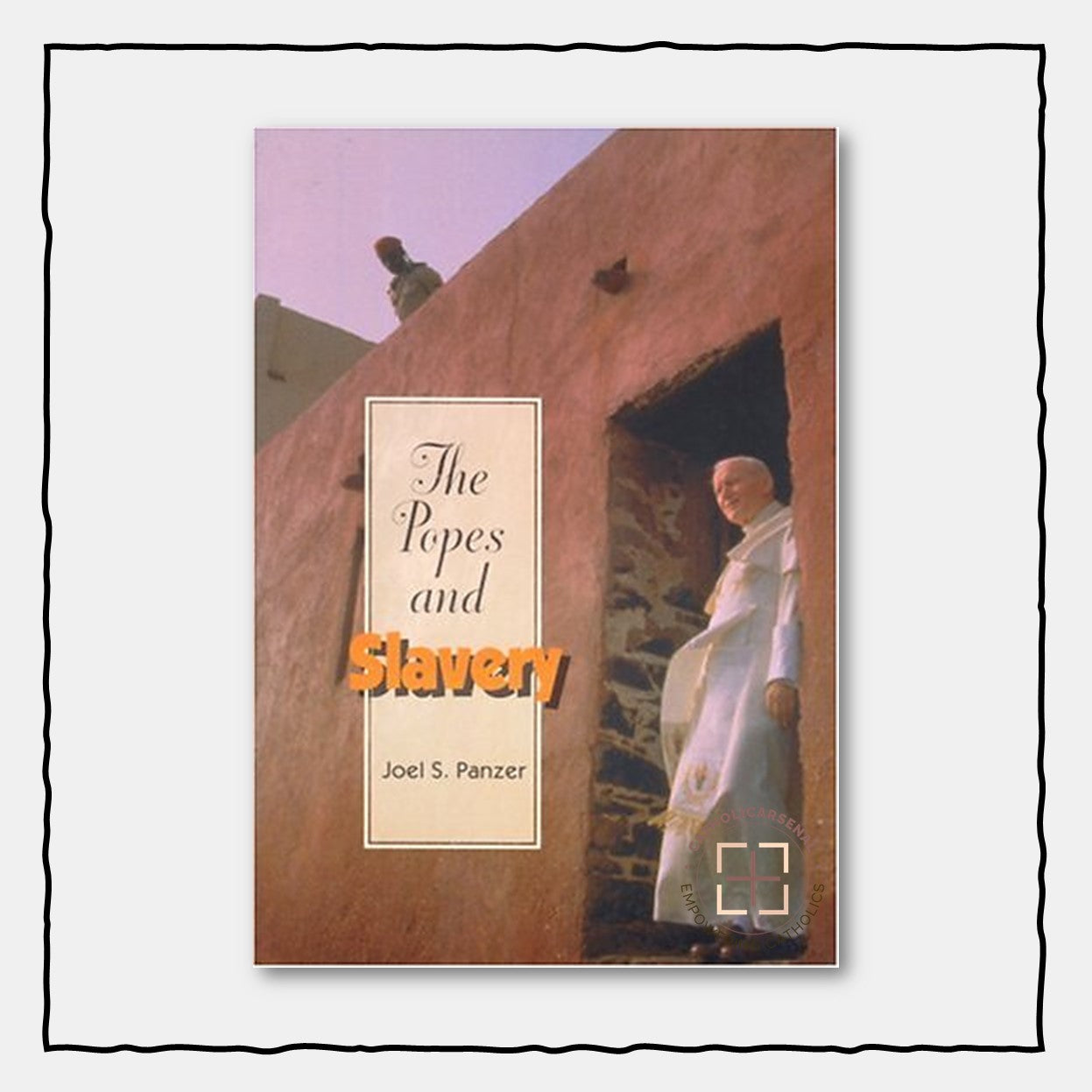When did the Catholic Church condemn slavery? According to some notable figures, the Church did not finally condemn slavery until recently. Federal judge and scholar John T. Noonan states that it was not until 1890 that the Church condemned the institution of slavery. [1] He and others argue that slavery is one of the areas in which the Church has changed its moral teaching to suit the times, and that the time for this change did not come until near the end of the last century. Theologian Laennec Hurbon may be cited as representing a belief among many authors that no Pope before 1890 condemned slavery when he states that, ".. . one can search in vain through the interventions of the holy See-those of Pius V, Urban VIII and Benedict XIV-for any condemnation of the actual principle of slavery."
[2] Author John F. Maxwell wrote in his 1975 work on slavery that the Church did not correct its teaching on the moral legitimacy of slavery until 1965, with the publication from the Second Vatican Council of the Constitution Gaudium et Spes. [3] There existed of course the practice of various types of slavery before the 15th century. However, it was not until the 15th century, and with growing frequency from the 16th to the 19th centuries, that racial slavery as we know it became a major problem. It is this form of servitude that is called to mind when we think today of the institution of slavery, and is the type which was to prevail in parts of the New World for over four centuries. This brings us back to our initial question: When did the Church condemn this slavery? If it was not until 1890, or even 1965, then a great shadow has indeed been cast upon the Magisterium. If, however, it can be shown that the Magisterium condemned from the beginning the colonial slavery that developed in the newly discovered lands, then it may be necessary for some historians and others to revise their opinions of that teaching office, and of the Catholic Church as well.
In fact, from 1435 to 1890 numerous bulls and encyclicals were written by several Popes to both bishops and the whole Christian faithful for the sole purpose of condemning slavery and the slave trade. The very existence of these many papal teachings during particular period of history is a strong indication that from the viewpoint of the Magisterium there must have developed a moral problem of a different sort than any previously encountered. In this article we will address three-from many more-of the responses of the Papal Magisterium to the widespread enslavement that accompanied the Age of Discovery and beyond.


